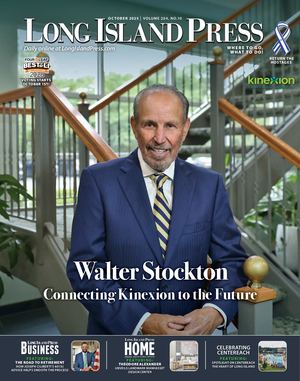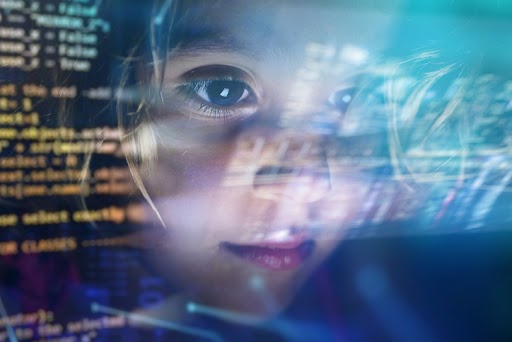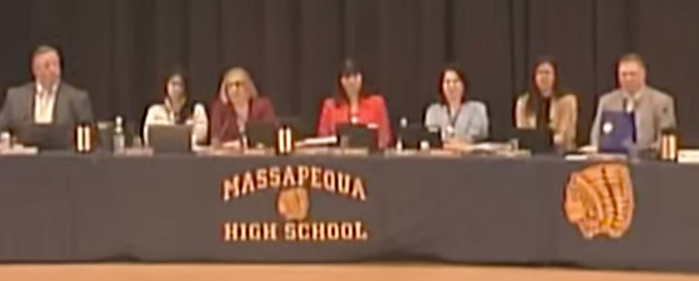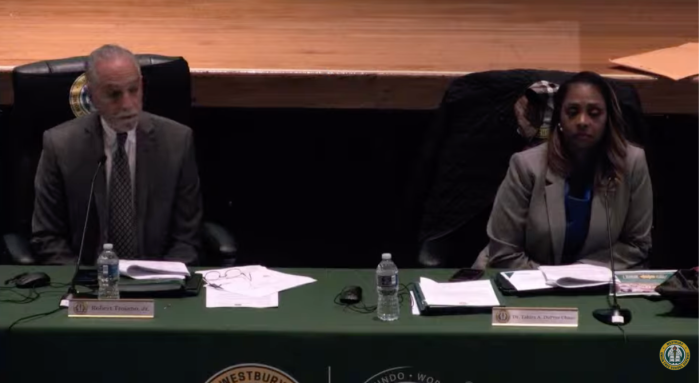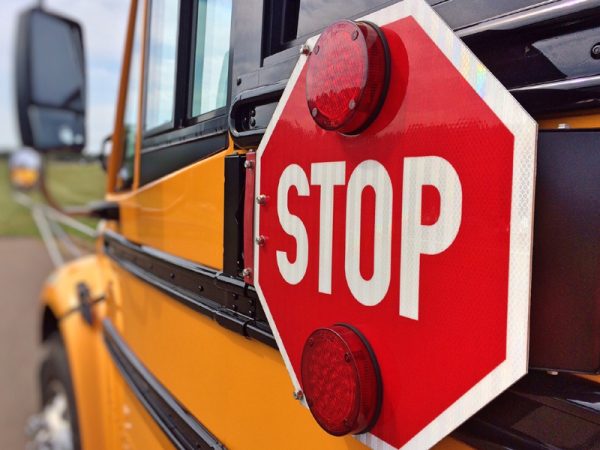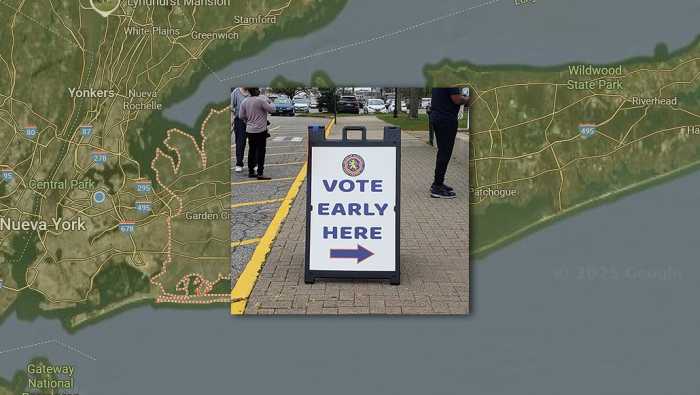Where does artificial intelligence belong in education?
Students and faculty alike are pondering this question as the new school year approaches and the rise in artificial intelligence brings both potential and challenges to the classroom.
While AI presents new possibilities for enhancing learning, it also raises concerns about academic integrity, skill development and the future of traditional education.
The use of AI in academic settings is a mixed bag of curiosity, caution and skepticism.
“I think it has the potential to be good, it remains to be seen if it will ultimately be something really good for learning,” said Mubina Schroeder, a professor of education and technology at Molloy University.
The introduction of AI tools like ChatGPT has created a significant shift. The capabilities of these models have existed for a while but this is the first time it connected with the public in a way that is easy to use.
“The public interface created this explosion of AI in terms of being available to any person not just someone who is in the field of technology but becoming a tool for all of us in our daily lives,” Schroeder said. “It went from being this tool only researchers were using to being something that is used everywhere.”
Schools have implemented AI programs like the magic school, brisk, and school AI, among others.
These controlled tools aren’t giving students answers but they are pushing students to be more creative and be critical thinkers, explained Leslie Brophy, Hauppauge’s Director of CTE, Digital Learning and Innovation.
The Garden City School District has been providing professional development since January because they felt like they needed to learn and be ahead of it, explained Kusum Sinha, Superintendent Garden City School District.
“It’s about understanding its capabilities and limitations and then learning to enhance, not replace their teaching with AI,” Sinha said.
They are looking to implement specific AI courses in coming years so students can gain a better understanding of it and learn how to use it.
Maeve Brady, a rising senior at the Wheatley School in Old Westbury, said in her APush class her teacher introduced an AI tool that would give a prompt and then you would reply to it and it would give feedback.
Brophy said the teachers’ initial feeling about it was not good but with professional development courses on it, they have changed their mind.
Teachers are rethinking assignments because they don’t want to give an assessment where students can get the answer right away from chatgpt. There will be more project based learning and assessment that requires more personal reflection.
“We are seeing that a lot of students are using AI as a crutch, we want students to be able to use AI in assistance with learning, but we are seeing that students are defaulting to going to AI instead of engaging in learning themselves and that is problematic,” Schroeder said.
This widespread use of this new technology is creating concerns regarding academic integrity. Students are using AI to write essays, discussion post responses and even little assignments.
“There are the students who are trying to use AI instead of actually doing the work themselves. At my school I would say that AI has become bigger and it is mainly used for getting homework assignments done quickly and getting ideas for an essay,” Brady said. “I know some kids in my grade have gotten caught submitting a whole paper.”
Rebecca Singer, a graduate of the class of 2024 from Paul D. Schreiber High School in Port Washington, said she didn’t use it because the risk was not worth the potential reward and she didn’t want to get caught cheating.
Teachers have tools like Turnitin and AI detectors to identify AI generated content but it is not always accurate.
“I worked with a student on their paper and I watched the student write iterations of the paper and when we put it through turnitin it said that it was like 70% AI generated,” Schroeder explains. “I knew that wasn’t true because I saw the student write it. It’s creating mistrust.”
There is an anxiety students are feeling about AI’s impact on their education and future careers. Students are wondering about whether they need to learn certain skills if AI can do them.
“I tell them that humans offer something unique that AI probably can’t offer and that is the human experience and I tell them to really harness that,” Schroeder said. “I don’t think anybody can ever take away the uniqueness of the human experience and having human interaction. I don’t think anything can really replace that.”
AI has the potential to create more individualized and immersive learning if used correctly. They can allow teachers to differentiate lessons and personalize them to meet the needs of students in ways you are not able to without AI, Sinha explained.
“I think there is going to be a lot of decentralization of learning. Learning is going to become very individual. You are going to have learning that is very tailored to every student’s interests and abilities,” Schroeder said.
AI has the potential to enhance virtual reality and create virtual reality based learning where students are going to be able to transport into different historical areas and lands and learn from them.
“My biggest thing is that we need to be knowledgeable about AI because I think knowledge is power whether we like it or not and we need to prepare our students for what their future is going to be,” Brophy said.
